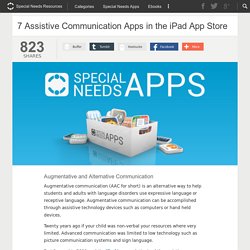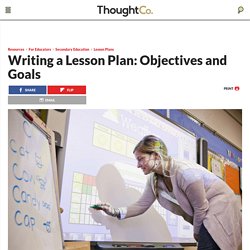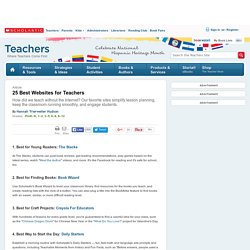

Lesson Plans. Effective date: January 1, 2020 This notice explains Visa’s approach to cookies and other online data collection technologies. When you visit our websites, use our mobile apps, engage with our online ads or emails, we collect information, using technologies such as cookies, pixel tags (also called web beacons), browser analysis tools and server logs. Each of these technologies is explained below. 1. How We Use Cookies We use cookies and other online data collection tools for several many different purposes. Strictly necessary cookies and tags are used by Visa to support the basic operations of our websites and apps. While we do not give any personally identifiable information to the third-party advertising companies, we may place third-parties’ cookies and tags when you visit a Visa website.
Uses of cookies can vary by country or state. 2. Google: For information on how Google Analytics uses data please visit “How Google uses data when you use our partners’ sites or apps,” located at 3. Classroom Managed! 7 Assistive Communication Apps in the iPad App Store. Augmentative and Alternative Communication Augmentative communication (AAC for short) is an alternative way to help students and adults with language disorders use expressive language or receptive language.

Augmentative communication can be accomplished through assistive technology devices such as computers or hand held devices. Twenty years ago if your child was non-verbal your resources where very limited. Advanced communication was limited to low technology such as picture communication systems and sign language. Fast forward to 2011 and the iPad has revolutionized the assistive communication world.
Here are seven assistive communication apps for the iPad that you may find useful: Proloquo2Go Company: AssistiveWarePrice: $189Rating: 4 ½ Starts (284 Ratings)Proloque2Go is the most well known of of all the assistive communications apps on the iPad. iCommunicate for iPad Company: Grembe Inc. iComm My Talk Tools Mobile Look2Learn – AAC Voice4U iConverse The Special Needs iPad & App Series. Objectives and Goals of a Lesson Plan. Objectives, also known as goals, are the first step in writing a strong lesson plan.

This article includes descriptions of the objectives of lesson plans, how to write them, examples, and tips. Goal-Writing Tips Whenever possible, write clearly-defined and specific objectives (goals) that are easy to measure. That way, at the conclusion of your lesson, it will be relatively easy to determine if you met or missed your objectives, and by how much. Objective In the objectives section of your lesson plan, write precise and delineated goals for what you want your students to be able to accomplish after the lesson is completed. What to Ask Yourself In order to define your lesson's objectives, consider asking yourself the following questions: What will students accomplish during this lesson? Additionally, you will want to make sure that the lesson's objectives align with district and state educational standards for your grade level. Examples. Special Needs. Complete Guide to educational and special needs apps, complete list at One Place for Special Needs.
Complete guide to educational and special needs apps With over 300,000 apps it's easy to become overwhelmed by the number of app choices.

It's also easy to spend a small fortune on a lot of useless apps. As a special needs parent I wanted to get right to the "good stuff" and figured you did too. Check out our guide that breaks down the best of the apps by skill set so you can easily find and buy apps that most benefit your child. Great for kids with autism, ADHD, apraxia, learning disability, sensory issues and more. By Dawn Villarreal, One Place for Special Needs Android apps (all) Android does not have the nice interface of iTunes for viewing apps on the Internet as opposed to your device. Aphasia appsApps specific to those with aphasia Apraxia appsApps specific to those with Childhood Apraxia of Speech Articulation appsApps that focus on articulation. Auditory memory apps Auditory memory is the ability to remember what you heard. Autism appsApps specific to those on the autism spectrum.
2015-02-24 - Google Tools for Special Needs - Technology Integration. 25 Best Websites for Teachers. 1.

Best for Young Readers: The Stacks At The Stacks, students can post book reviews, get reading recommendations, play games based on the latest series, watch "Meet the Author" videos, and more. It's like Facebook for reading and it's safe for school, too. 2. Best for Finding Books: Book Wizard Use Scholastic's Book Wizard to level your classroom library, find resources for the books you teach, and create reading lists with the click of a button. 3. With hundreds of lessons for every grade level, you're guaranteed to find a colorful idea for your class, such as the "Chinese Dragon Drum" for Chinese New Year or the "What Do You Love? " 4. Establish a morning routine with Scholastic's Daily Starters — fun, fast math and language arts prompts and questions, including Teachable Moments from history and Fun Facts, such as "Before erasers, people used a piece of bread!
" 5. 6. 7. At the National Library of Virtual Manipulatives, you'll find activities for every area of math at every grade level.